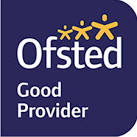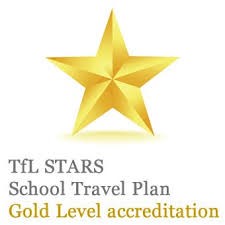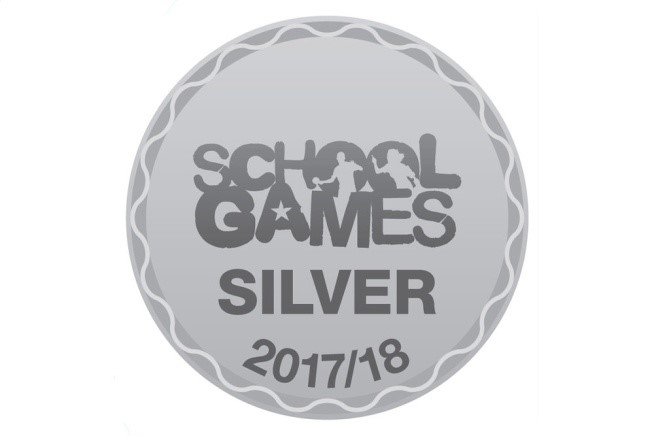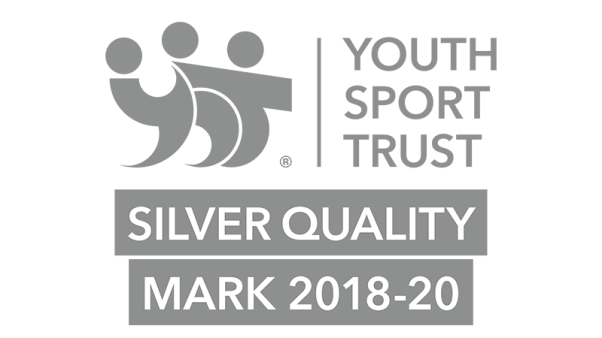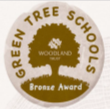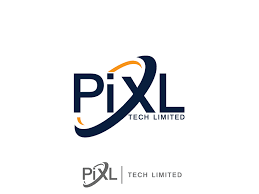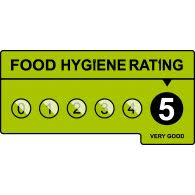Computing
Intent
The technological world is ever-changing and Earlsmead Primary School understands and values the importance of teaching Computing from a young age. Therefore, it is our aim to ensure that the key skills and knowledge needed in Computing are taught, sought and caught, to enable learners to develop in the following three core areas of Computing:
- Computer Science.
- Information Technology.
- Digital Literacy.
Through considered planning and high quality teaching, we aim to support all pupils in their journey of development. Our teaching objectives at Earlsmead Primary School are as follows:
- To embed enthusiasm and curiosity in Computing through engaging and coherently sequenced lessons linked, where possible, to our localised curriculum offer.
- To use the Teach Computing Curriculum to support planning across year groups, ensuring that National Curriculum objectives are met in full, and that the progression of skills is clear and sequential.
- To ensure staff are supported in offering Computing lessons, providing CDP and specialist support where needed.
- To support children to be responsible and safe when using computers.
Implementation
To achieve our objectives stated above, we follow the DfE approved Teach Computing Curriculum. Four themes permeate through our Computing curriculum in every year group:
- Computing Systems and Networks.
- Creating Media.
- Data and Information.
- Programming.
These four themes combine 10 units which are taught according to the overall half-termly topic on offer. Themes are constantly revisited – this is excellent for knowledge retrieval. Online safety and security is woven into learning opportunities, which encourages a responsible and safe approach to computer use.
In our teaching of the curriculum, we endeavour to support children to use a variety of software and equipment. In KS1 for example, the children use Bee Bots to programme and in KS2, they use Audacity to make music. Sessions are adapted to meet the needs of the cohort and the children are active in the ongoing development of our curriculum; they regularly feedback their views through pupil voice.
Impact
Our children enjoy and value Computing and recognise why they are doing things - not just how. Progress in Computing is demonstrated in a number of ways. Children’s work is regularly reviewed and scrutinised, and we talk to the children about what they know. Proof of Progress (POP) Quizzes are used to start lessons which enable teachers to ascertain what is being remembered, and at the end of a unit of learning, a Proof of Progress Task is carried out. This is a chance to celebrate the learning that has taken place over the course of the half-term as well as showcase the key knowledge and skills that have been retained.
Please watch our E-Safety Parent Presentation

